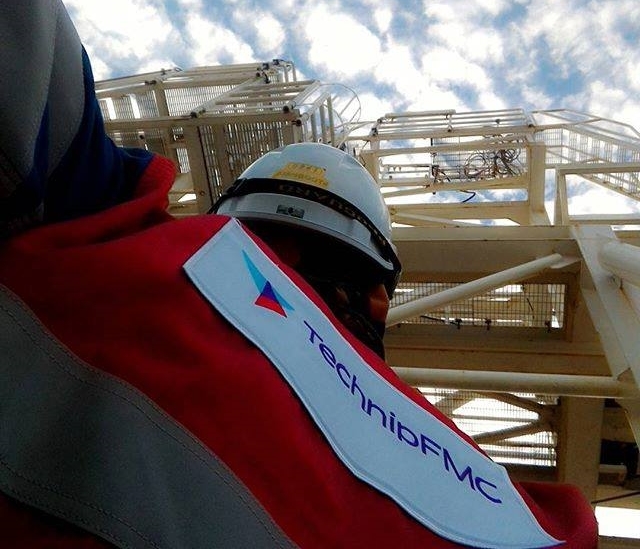
Hefty impairments plunged TechnipFMC into the red in the first quarter of 2020 as the energy services firm felt the impact of the oil price slump and Covid-19 outbreak.
TechnipFMC wrote down charges of £2.59 billion in Q1 due to the decline of its market capitalisation and costs linked to restructuring and on-going efforts to separate the company into two entities.
The company expects the current market downcycle to reduce demand for its installation and service equipment.
Expenses directly chalked up to Covid-19 totalled £5.5m, as the firm sank to a pre-tax loss of £2.59bn for the quarter, from a profit of £27.5 million in the first three months of 2019.
Revenues did increase by 7.5% to £2.5bn, while adjusted ebitda rose 26% to £178m at TechnipFMC, which employs nearly 37,000 people worldwide, including more than 1,000 in north-east Scotland.
TechnipFMC has managed to identify a further £178m in yearly cost reductions in response to the current market turmoil, giving it a total of more than £280m.
CEO Doug Pferdehirt will take a 30% pay cut, while the executive leadership team’s salaries will go down 20%.
Pferdehirt said: “TechnipFMC has been an agent of change in the energy industry for some time, and we will look to accelerate our change agenda in the current environment.
“We will continue to invest in new technologies and digital platforms. We will continue to position ourselves to play a key role in the energy transition.
“We will further strengthen and expand our partner relationships and more closely align with customers who embrace a new way of working together.”
He added: “In subsea, sanctioning on a number of greenfield projects is likely to shift from the current year, impacting our previous projection for 2020 orders.
“We continue to assess nearly £12.2bn of large project opportunities, of which approximately 50% are still likely to move forward over the next 24 months.
“All other projects remain active but potentially extend beyond this timeframe. Over the next 12 months, we believe as much as 20 percent of these project opportunities are likely to reach FID, and we are well-positioned for many of these opportunities.”
The London, Houston and Paris-headquartered firm initially unveiled its plans to split into two trading firms in August, but said last month that it would delay the move.
